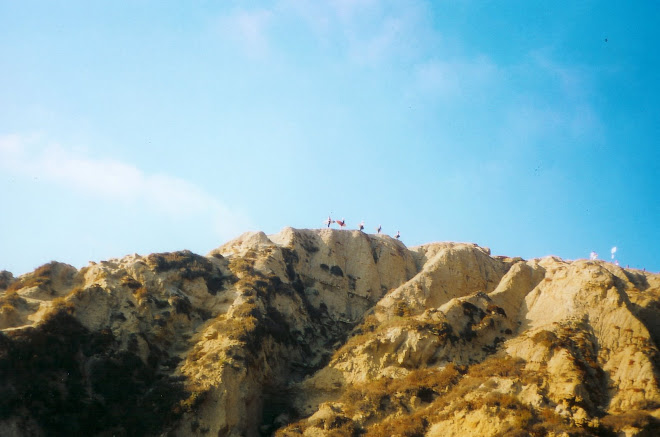*I did this because I have heard that HWS has software that picks out key 'danger' words. If there are enough, then it flags the e-mail and it is reviewed. So I wrote this, and sent it to myself*:If any of the words at the bottom triggered your software to flag this email, and you are reading this then:
GO $#%& @#$%^$&*, this is none of your business
Pain, hazing, death, bombs, drugs, weed, cocaine, sell, punch, fight, hit, kick, destroy, kill, blow up, pipe bomb, AK-47, submachine gun, reloadable clips, anthrax, blood, guts, inevitable, deserve, rape, gang rape, abuse, porn ring, strippers, prostitutes, sorry, surprise attack, sniper, scope, .50 cal, vantage point, heroine, morphine, opium, pounds, smallpox, the notebook, meth, pipe, smoke, snort, inject, needle, suicide, beat up, mob, gang, hidden weapon, knife, bazooka, shotgun, 12 gauge, gun holster.
My intentions were not to upset the person (possibly) reading on a personal level, but just to get a reaction.
*think itll work?*


